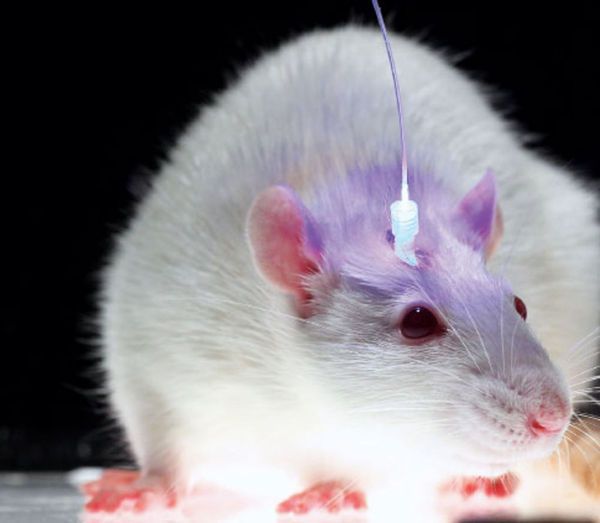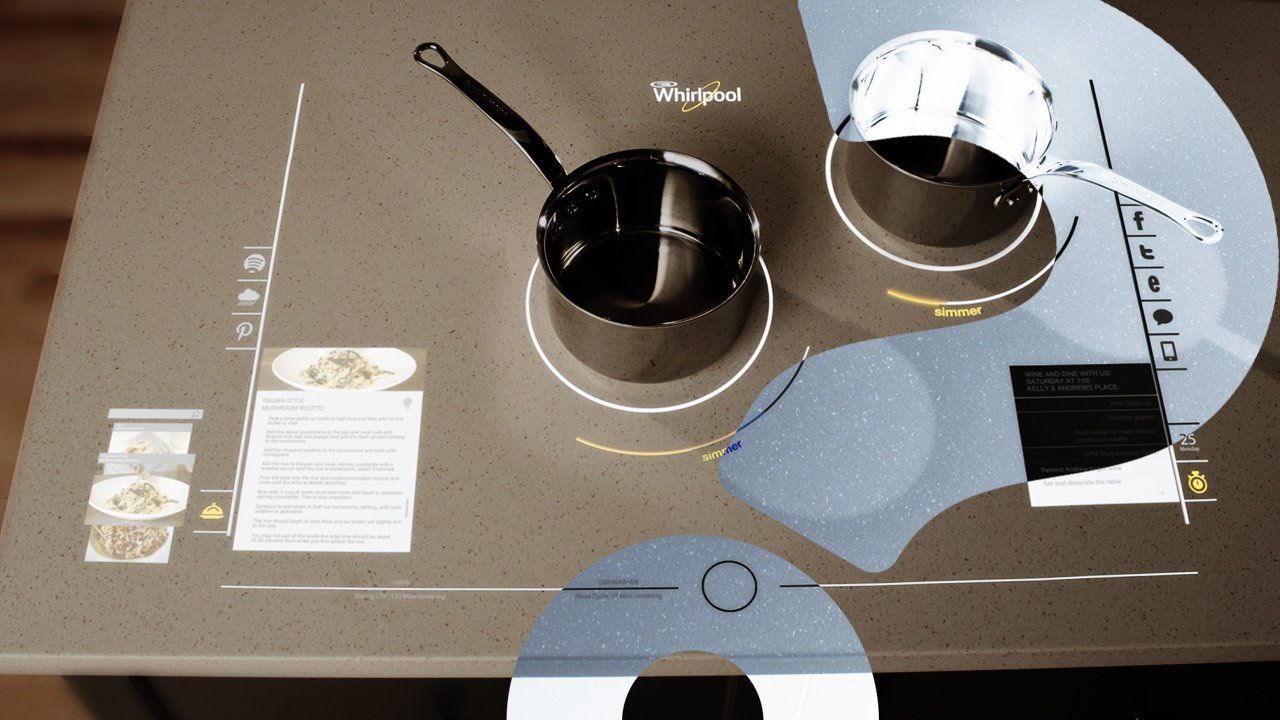A zap of electricity can make E. coli swim.





In the 1960s, most research on computers centered on how to ease daily tasks, but RAND was also exploring how to develop both hardware and software capable of self-direction and of learning. Today, artificial intelligence (AI) represents an exciting area of technology development that has promise to fundamentally change the way that humans live, work, and interact with one another.
In this Events @ RAND podcast, our panel of experts discuss the role AI is playing in society, including the incredible promise and pressing concerns. Bill Welser and Osonde Osoba talk about the unintentional biases due to data and design practices affecting AI systems in use today and why caution must be used in designing AI systems for the future. Dave Baiocchi moderates.

Food trends change all the time, and not just dependent on where you live, but also when. For example, 100 years ago they were not eating most of the stuff we have today. Pop Tarts, Cheetos, and Gatorade would certainly not have existed, and if you were to go back in time now and try and introduce these things, they would probably get thrown at you. But, the point is that sometimes you just can’t help what food is introduced around you and accepted as the norm, and over the next 30 years, we will see odder but edible manifestations are coming our way. Below are eight future foods that are not a million miles away from being introduced into society and are being worked on now:


By Kelsey Tollefson | Executive Editor John Lenker
The notion of harvesting resources from extraterrestrial sources is not a new one. The lure of untold bounties—orbiting just out of reach—has prompted generations of poets and presidents alike to expound upon the potential applications of space mining. These days, “space mining” is no longer a mere pipe dream.

